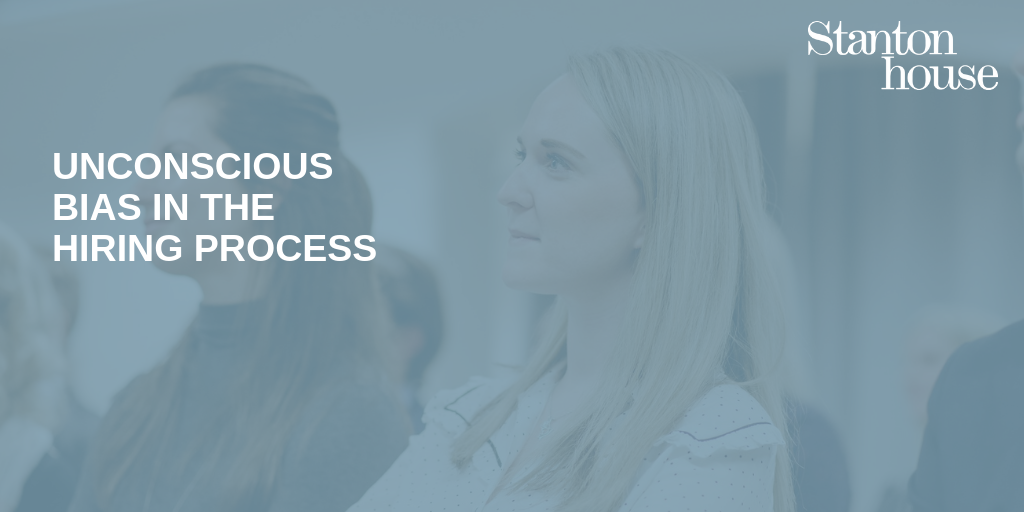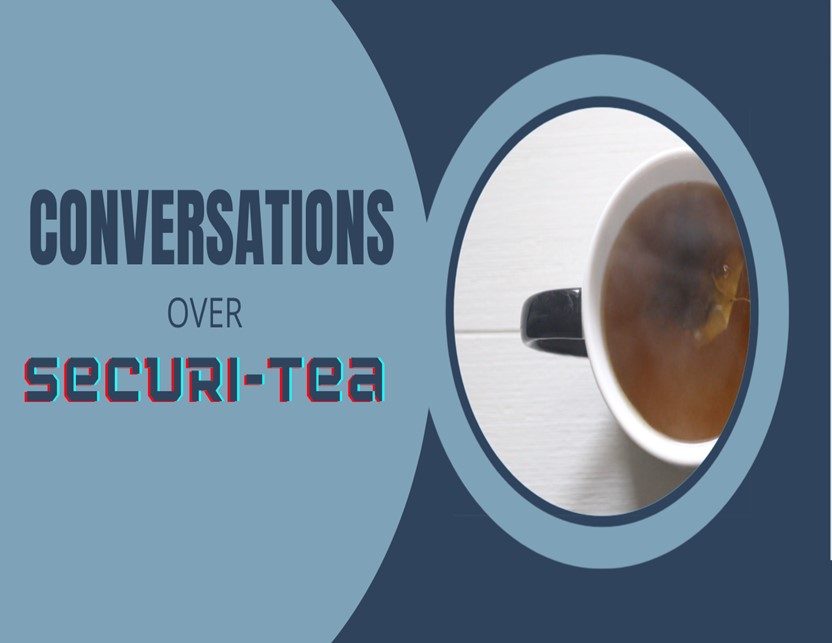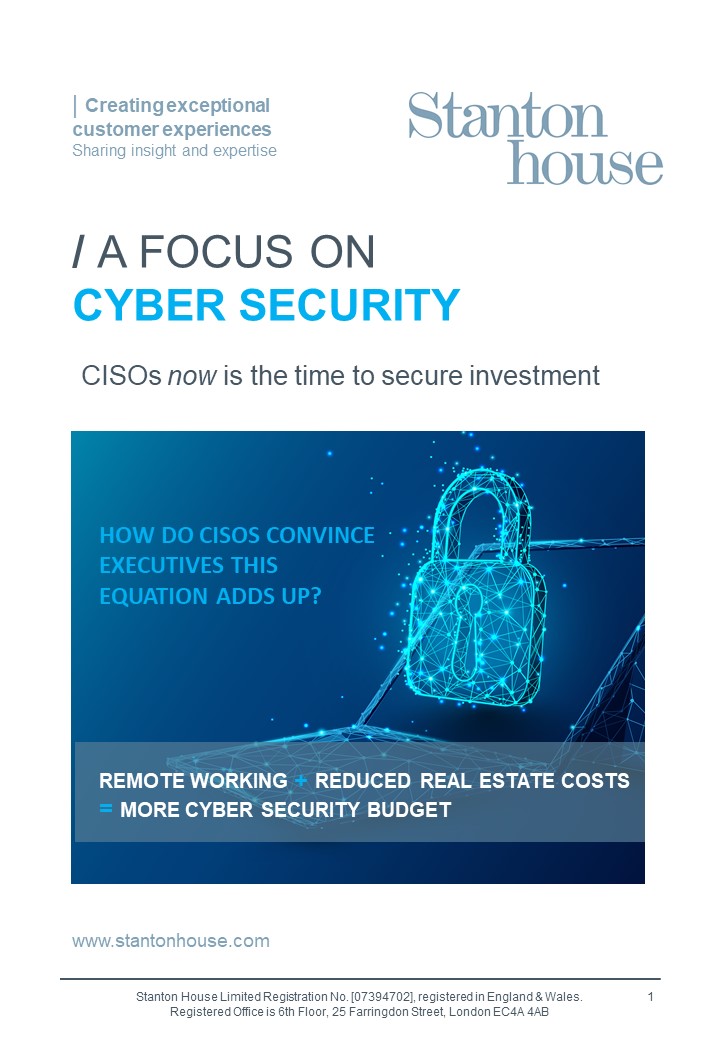
This blog was posted by Kieran Adie
Manager

Posting date:
27 Jun 2019
In my recent white paper 'Exploring the Benefits of Career Diversity' I asked the CFO of Byron Burger, the Director of Diversity and Talent Transformation at Kantar and the founder of PE-backed renewable energy firm Fifty ID what they thought of unconscious bias the hiring process. This is what the three professionals had to say:
Russell Hoare of Byron Burger; “Depending on what level I am recruiting for; I make a conscious effort to hire people with diverse career history. At the mid-level where you are responsible for managing people and interacting with the business, I would look for someone from the Big 4 or mid-tier firms who may not have any industry experience. They have grown up working in teams and will be open to new ideas, working with different clients and engaging with different individuals.
If someone had obtained their ACCA within industry and done it themselves, they wouldn’t necessarily have had this team interaction in the same way. At the lower level it’s all about personality and energy as it’s important for those individuals to meet as many people across the business as possible. You can teach someone a new sector, but they must come with the right attitude.
At Financial Controller level I wouldn’t be worried about sector experience. It may even work against you as you’d end up putting in place all of the procedures you had seen before, regardless of whether they had worked or not. On the management accounting side, sector experience is more useful and they would have a far better understanding of trading reports.It is important during the interview process that you, as the hiring manager, are working closely with your recruitment consultant. They should have done the pre-screening and if they feel someone is a perfect personality and cultural fit for the business, that should be as important as looking at the CV.
Keep checking you are making the right recruitment decisions and utilise a strong People or HR Director. These individuals should question management on why they made a hiring decision and to ensure decisions were made for the right reasons. Public companies have a lot of governance around this and I think the private sector is in a better place.They are not being forced to hire based on diversity and can focus on finding the right person for the task at hand.”
Lisa Monteith of Kantar; "You use process to minimise the risk of bias so therefore a structured process minimises the risk of unconscious bias existing in the recruitment process. You ask everyone the same question in the same way against predefined evidence. We put our managers through assessor training, so they understand how bias can creep into decision making and have explored anonymised selection. This is when the recruiter will sift the CV and decide that they fit our criteria, the manager will then conduct a structured interview without sight of the CV but against pre-defined criteria. In this way, the decision is based purely on the information elicited from the interview– it’s evidence-based selection. We have done this for senior appointments but it’s still hard to bring in on across all levels of hiring given volumes however we are looking at a platform designed by behavioural scientists that works on volume by applying anonymisation and randomisation. In all, the focus has to be on people’s capabilities, skills and behaviours and less about education or specific sector experience.”
Peter Glenn of Fifty; "We need to keep an open mind when first meeting someone and focus on their achievements. This is where is it important to gather different perspectives from key stakeholders within the business and work with a strong People and HR function. The risk with hiring is that you never truly know a person until they have been working in the company with you for six months. There may not be a solution to this but I would say understanding a person’s aspirations and motivations from the outset is essential as this will give you an indication into what their drivers are and what keeps them motivated."
For full access to the interviews and white paper, please follow the download link below but in the meantime, join the conversation - what do you make of unconscious bias in the hiring process?
Similar blogs

Insight papers
We take great pride in being able to share expert knowledge and having an opinion on the topics that will impact your hiring success or professional career.
Explore and download our recent insight papers.



